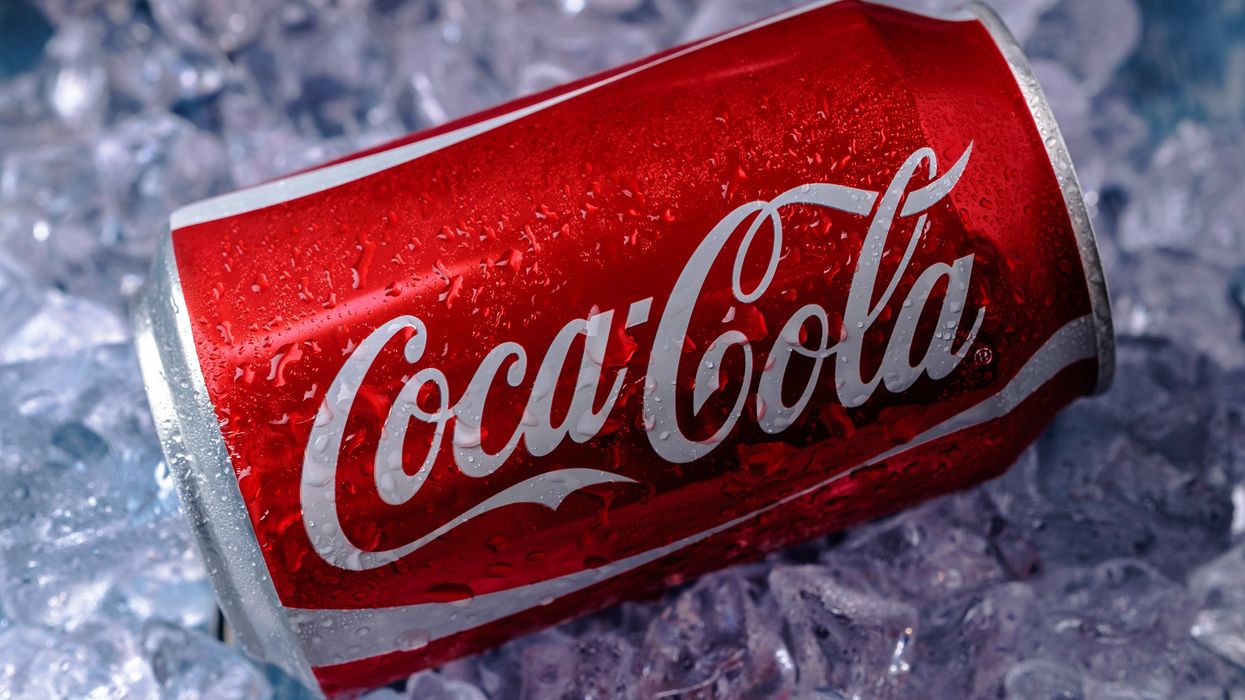Reyes Coca-Cola Bottling, LLC, based in Milwaukee, Wisconsin, has initiated a recall of nearly 900 cases of Coca-Cola Original Taste due to potential contamination with plastic. The recall affects 864 12-pack cases of Coca-Cola, which were distributed to retailers in Illinois and Wisconsin. The recall was announced on 6th March 2025, and is currently still in progress, according to the Food and Drug Administration (FDA).
The recall is classified as a Class II event by the FDA, which means that while the risk of severe health consequences is considered low, consumers may still experience temporary or reversible adverse effects. Plastic contamination in beverages poses a number of risks, including the potential for choking, oral injuries, or gastrointestinal discomfort if consumed.
Details of the Coca-Cola recall
The specific product involved in this recall is Coca-Cola Original Taste, packaged in 12-ounce (355 mL) cans. These cans are sold in 12-pack cases, and each case can be identified by the product codes provided by the manufacturer.
The recalled Coca-Cola product has the following identifiers:
- Product description: 12 Fl Oz. (355 mL) cans, packaged in 12-can packs
- Can UPC: 0 49000-00634 6
- 12-pack UPC: 0 49000-02890 4
- Date code: SEP2925MDA
- Time stamp: 1100–1253
The recall notice issued by Reyes Coca-Cola Bottling advises both consumers and businesses not to consume, sell, or distribute the recalled products. Those who may have purchased the affected Coca-Cola packs should check their inventory for the specific date code and time stamp. Anyone who finds they have the recalled product is urged to return it to the point of purchase or to dispose of it safely.
Consumer safety concerns
The presence of foreign materials, such as plastic, in food or drink products can pose health risks. In this case, the main concerns include the potential for choking or injury to the mouth or throat if plastic is ingested. While the recall is classified as a Class II event, which indicates that the chance of severe health issues is unlikely, it is still possible for consumers to experience minor health effects if the contaminated product is consumed.
Common symptoms that could arise from ingesting foreign materials like plastic include difficulty swallowing, discomfort in the throat or mouth, or, in more serious cases, gastrointestinal distress. If consumers experience any adverse reactions after consuming the recalled Coca-Cola product, they are advised to seek medical advice immediately.
What to do if you have the recalled product
Reyes Coca-Cola Bottling and the FDA have provided guidance for those who may have purchased the affected Coca-Cola packs. Consumers should avoid consuming the product and instead check the product's packaging for the date code "SEP2925MDA" and the time stamp between 1100 and 1253. If the affected product is identified, it should not be consumed or sold. Customers are encouraged to return the product to the retailer for a refund or safely dispose of it.
Businesses and retailers who have received the affected product are also advised to check their stock for the identified date code and remove any recalled Coca-Cola products from shelves. Retailers should refrain from selling or distributing the recalled Coca-Cola cans to consumers and contact Reyes Coca-Cola Bottling for instructions on how to handle the affected stock.
The Coca-Cola recall and its implications
This recall affects consumers in two US states, Illinois and Wisconsin, though it is important for consumers and businesses in nearby regions to remain vigilant. While the FDA has categorised this recall as Class II, meaning it poses a lower risk of serious health consequences, it still highlights the importance of product safety and quality control within the food and beverage industry.
Contamination with foreign materials, even non-toxic ones like plastic, can pose a danger to public health, particularly when it comes to widely consumed products such as Coca-Cola. This recall serves as a reminder for both manufacturers and consumers to be vigilant about potential safety concerns and to take swift action in the event of contamination.
The recall is expected to continue until all affected products have been removed from store shelves and from consumers' homes. Consumers are encouraged to keep an eye on any updates from the FDA or Coca-Cola regarding the recall, and to report any incidents related to the recalled product to the FDA’s reporting system.
Consumer action and safety measures
The Coca-Cola recall, which affects nearly 900 cases of Coca-Cola Original Taste due to potential plastic contamination, has raised concerns for consumers in Illinois and Wisconsin. While the risk of serious health outcomes is considered low, consumers are urged to check their purchases for the affected date code and time stamp, and to return or dispose of the product if it is identified.
Reyes Coca-Cola Bottling and the FDA are working to ensure the safety of consumers, and all those affected by the recall are advised to remain vigilant and follow the provided guidance. If any adverse effects are experienced after consuming the product, seeking medical attention is recommended.





